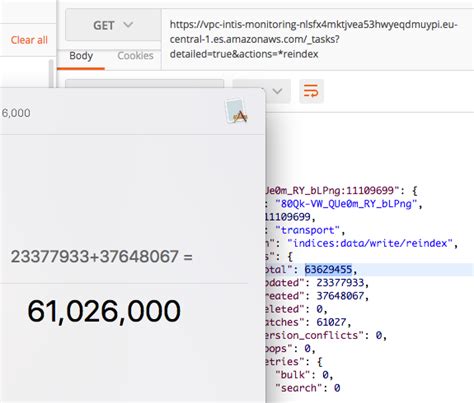Bitcoin: 0 blocks loaded during reindexing
Understanding Bitcoin Node Behavior During Reindexing
As a Bitcoin node operator, it is essential to monitor the activity of your nodes to ensure that they are running smoothly and efficiently. The recent block reindexing issue on the Bitcoin network has raised some concerns among node operators. In this article, we will delve into the details of what happens during reindexing and why it may affect your node.
What is reindexing?
Reindexing is the process that allows your Bitcoin node to update its local copy of the blockchain with the latest block files from the network. This is necessary to ensure that your node remains in sync with the global blockchain. The reindexing process involves downloading blocks from external file servers and updating your node’s database.
Problem: Loaded 438 blocks in 7133 ms
When you encounter the following lines in your debug.log:
Reindexing block file blk02620.dat...
Loaded 438 blocks from external file in 7133 ms
This means that the reindexing process took a significant amount of time to complete. The “Loaded” part indicates that the node successfully retrieved the requested blocks, but it is unclear what caused the delay.
Possible Causes and Solutions
There are several possible reasons why your node may be experiencing a slow reindexing process:
- Network congestion

: If other nodes on the network are competing for bandwidth during the reindexing process, this can cause delays.
- External file server issues: Issues with external file servers can prevent the nodes from loading blocks into the database.
- Node Configuration Errors: Reindexing issues can be caused by inconsistent or incorrect settings in the node configuration.
To resolve this issue, you can try the following:
- Check network congestion: If other nodes are competing for bandwidth, consider increasing the bandwidth allocation on your node or using a more powerful hardware configuration.
- Check external file server status: Make sure that external file servers are working properly and are not experiencing any issues.
- Adjust node configuration settings: Check and update the node configuration to ensure that it is optimized for reindexing. This may include adjusting parameters such as
blockfile.maxsizeorreindex.factor.
Best Practices
To minimize the risk of reindexing lag:
- Monitor node performance regularly: Monitor your node activity and adjust settings accordingly.
- Test with a small number of blocks: Before updating to the latest blocks, test your node with a smaller number of blocks to ensure it can handle the increased load.
- Consider using a more efficient reindexing algorithm: Some algorithms may be better suited to reducing reindexing time. Research and experiment to find an alternative.
By understanding the problem and implementing some of these best practices, you should be able to resolve reindexing lag and continue to run your Bitcoin node efficiently.

Leave a Reply
Want to join the discussion?Feel free to contribute!